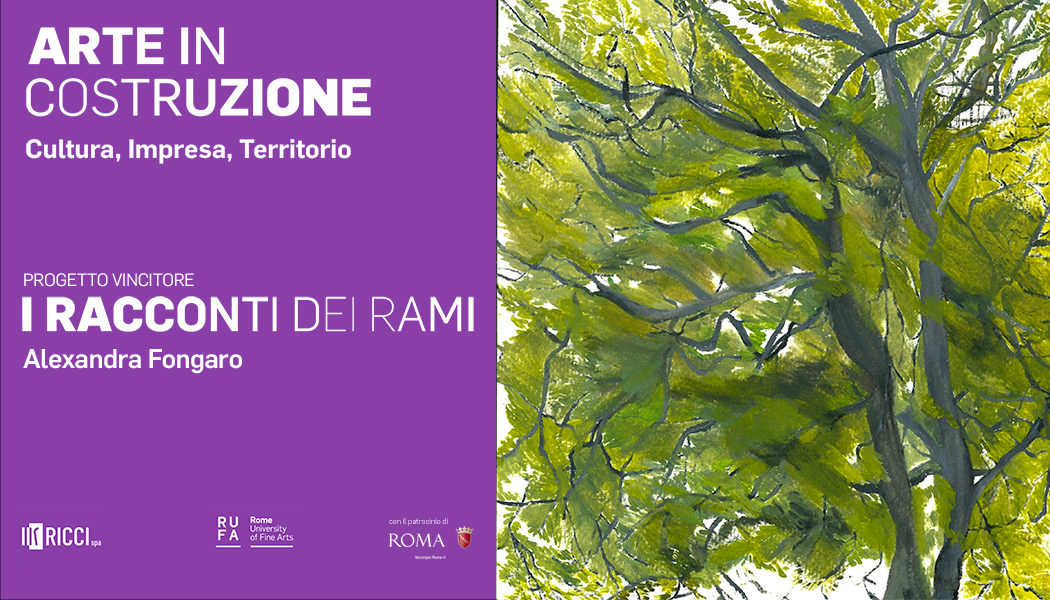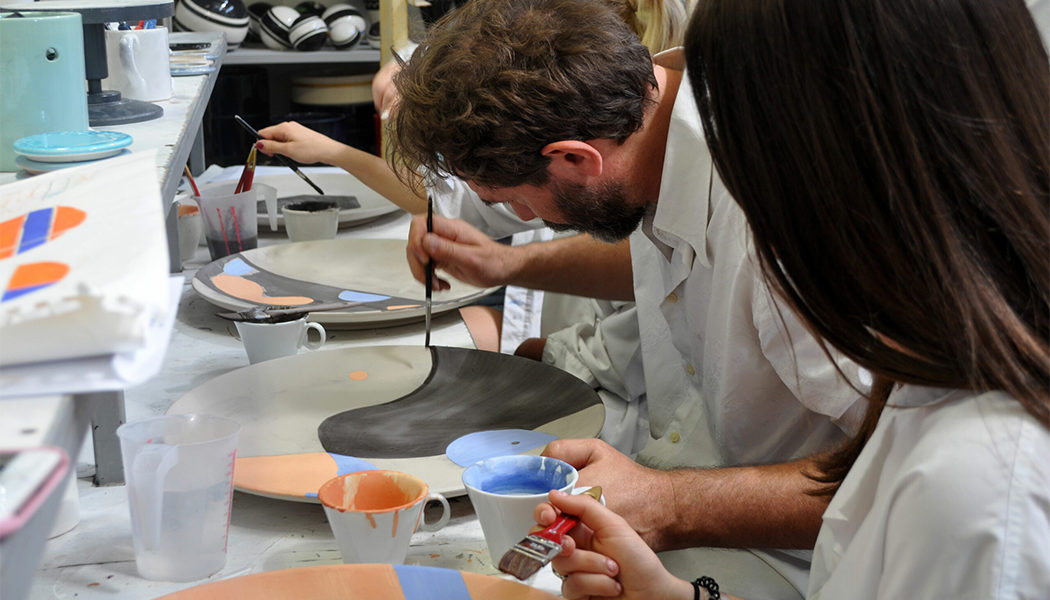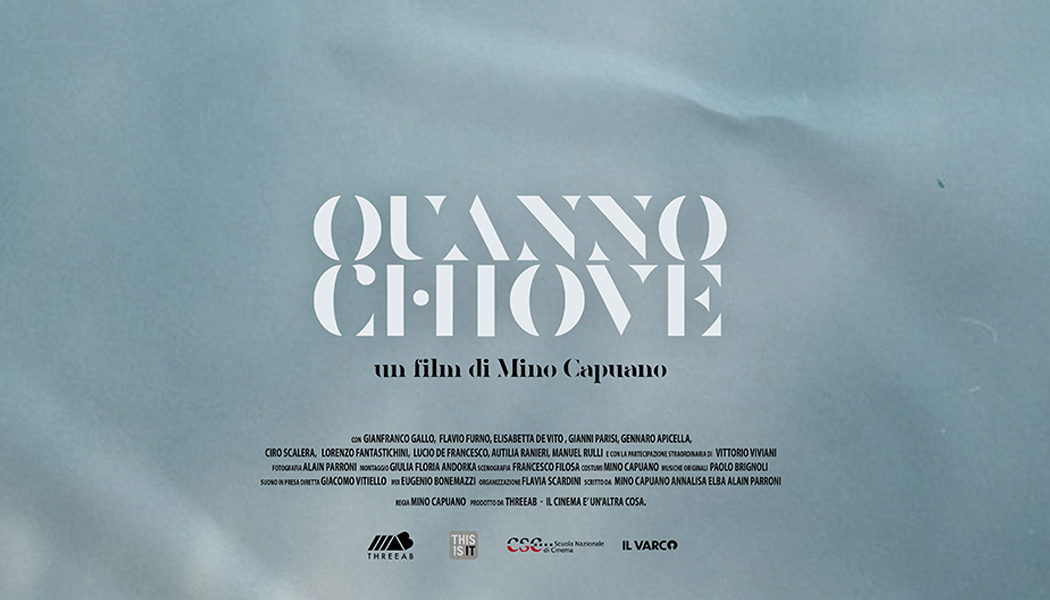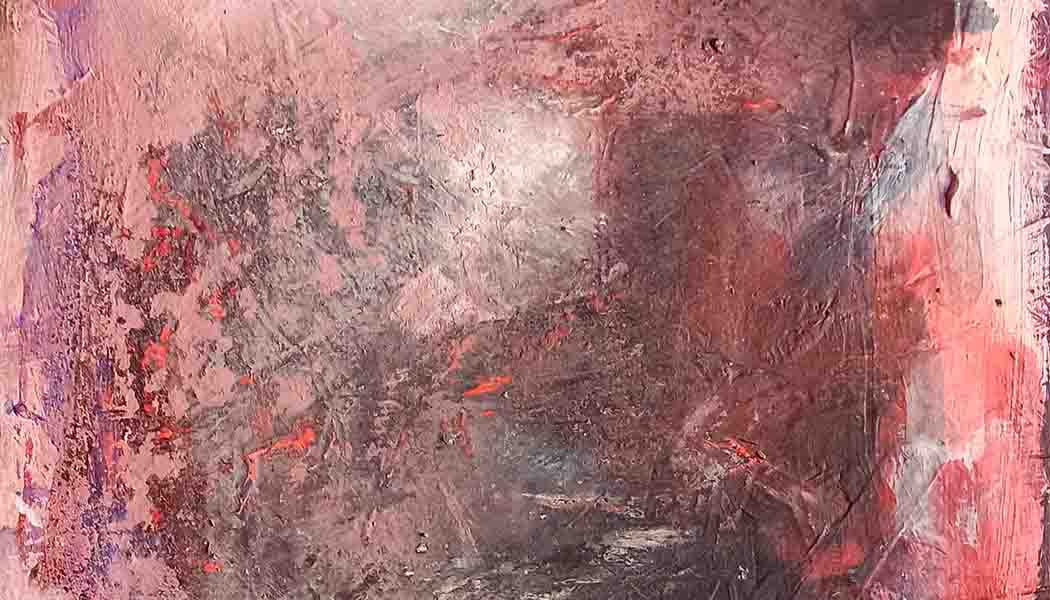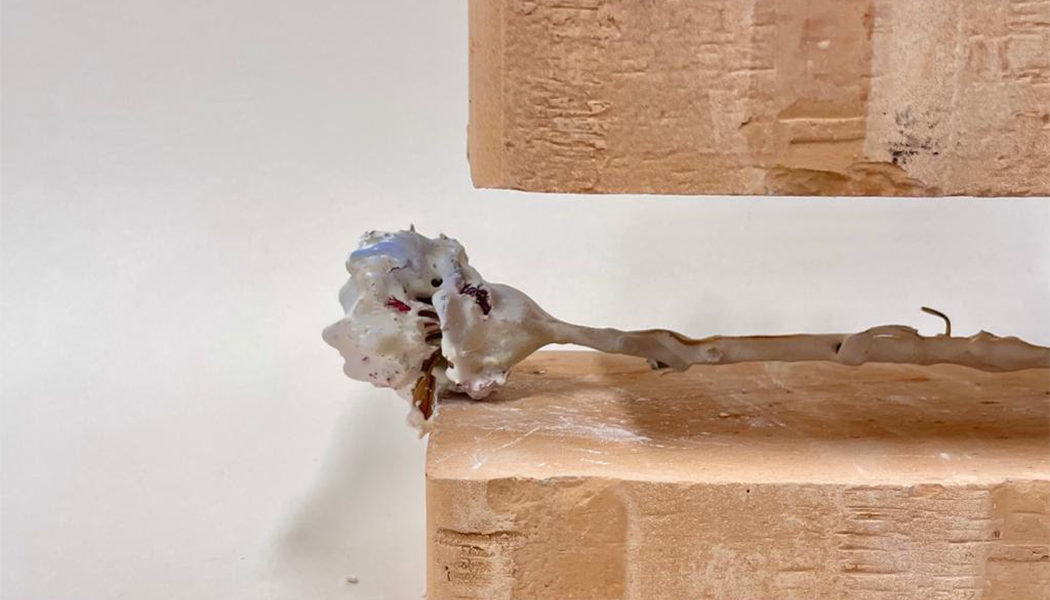With a unanimous vote, sealing the excellent work done, architect Fabio Mongelli, RUFA Director, was elected, for the second consecutive term, President of CIANS – Coordination of Non-State Afam Institutions.
The CIANS was created in 2017 to facilitate collaboration between public and private entities and welcomes the leaders of some of the most important Afam accredited training institutes, contributing to the affirmation of an innovative, internationalised, sustainable system of higher artistic, musical and choreographic education capable of promoting the economic, social, civil and cultural growth of the country.
CIANS is also involved in the study and drafting of legislative and regulatory proposals aimed at improving the national regulatory apparatus. Architect Fabio Mongelli will lead the important body until 2024.
“The world of the creative professions – points out the president of Cians – and consequently the training aspects linked to them, is called upon to respond to the canons of environmental and social sustainability, already verifiable by the sector’s leading experts. In recent years, many companies have invested in products and technologies to reduce their environmental impact, save energy and contain carbon dioxide emissions. And these are precisely the companies that have performed best. Green economy, culture and social cohesion have therefore become fundamental indicators: those who choose these drivers increase their economic and social value, doing good for the country, creating a model of quality economy linked to the territory, identity, creativity and innovation. This is a scenario we all have to deal with. Cians currently represents about 27% of non-state institutions: a considerable and important weight that has enabled the Coordination to participate not only in the institutional tables opened by government bodies, but also to highlight its high level of reliability and competence in the various interlocutions that have taken place to date. In spite of the health emergency, which has involved the well-being of every individual, the members have been able to network, exchanging ideas and suggestions. Two guidelines have been followed in this delicate historical phase: on the one hand, to guarantee students quality teaching, even when it is impossible for them to enter the classroom; on the other, to support teachers, who are called upon to play the role of educators in search of the best possible setup for synthesising content and methodological approach. In this way, best practices have been generated that will soon be the subject of discussion with the competent bodies and, above all, with the Ministry of Universities and Research”.

